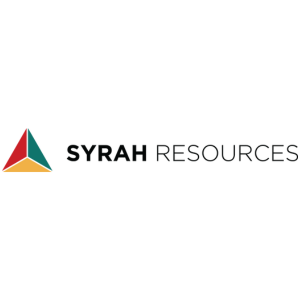Thought leadership piece by Roger Baxter, Minerals Council South Africa
It is almost a statement of the obvious that the year 2020 was perhaps one of the most potentially challenging year in living memory for the South African mining industry and the economy as a whole. I say potentially, because in the face of the global pandemic that had the potential to decimate the industry, the industry proved to be remarkably resilient and innovative at a time when this was most needed. Of course, many parts of our industry were supported by strong commodity prices, but this in itself is an indication of the fundamental value of what we do.
So, in summary, most of the industry has sustained itself to be ready for the further challenges 2021 will likely present thanks both to our own efforts, to a reasonably buoyant commodity market and the support that the industry received from the regulator and unions.
We are still awaiting final financial and operational data for 2020. However, data published in December by the South African Revenue Service show that the value of mining exports over the 12 months to October stood at R551 billion, which is 21% higher than over the same 12 month period the previous year. While this is largely the result of better commodity prices and the weaker exchange rate, it is still remarkable given that the period included various levels of the COVID-19 lockdown.
The same report mentioned above shows that tonnages were down by 4%. We also know that production until September, the last available numbers, was down by 10% compared with the previous equivalent period. It was indeed a difficult year.
In managing the impacts of the Covid pandemic, given its unprecedented nature we believe we were as effective as could reasonably be expected.
Like the South African government which acted early to contain as far as possible the spread of the pandemic, the Minerals Council’s management, office bearers and board were conscious of the need to act with speed too.
From early February, just before the last Mining Indaba and a month before the pandemic first arrived in South Africa, the Minerals Council began producing educational materials for distribution to members.
From those earliest days we recognised, and publicly stated that this was the case, that South Africa’s mining sector was potentially particularly vulnerable to the transmission of COVID-19. Particularly in our underground mines, employees congregate in areas of work, and travel in close proximity. We knew there could be a high degree of exposure to the virus simply through contact with people, machinery and equipment.
We rapidly developed what we initially called a 10-point plan which would form the basis of our standard operating procedure (SOP) and which also came to form the basis of government’s regulatory guidelines.
It included those features that were necessary to operating a mine in the COVID era – ongoing health education, adequate PPE, sanitisers, testing capacity, case management, including quarantine and isolation facilities, dealing with immuno-compromised and vulnerable employees, and others with comorbidities, travel issues and reporting.
Daily screening of every employee was added at a slightly later stage, as a basis for continuing essential service employment once the lockdown began, and for when mines started to reopen.
We believe our conscientious and methodical approach to COVID prevention and mitigation was absolutely critical in allowing the industry to resume operations at the earliest opportunity.
The mining industry was locked down along with most of the rest of the economy from 27 March, with the exception of essential goods and services. The industry fully supported the initial three-week lockdown. However, before that day even arrived, we had begun talks with Mineral Resources and Energy Minister Gwede Mantashe and his team on how to plan for an as early as possible restart and, equally importantly, how to ensure that
mining infrastructure, especially refineries and smelters which cannot easily be switched on and off, would not be damaged.
Hence, by mid-April we were able to start returning to a 50% level of operation, and from June a further ratcheting up of production, always subject to the critical procedures aimed at limiting the spread of COVID and, where staff were affected, ensuring best quality management and treatment.
To give an idea of what this has meant, by 12 January, the industry had undertaken 81,000 tests, equating to a testing rate of 17.13% which is higher than the national average of 12.12% and the global average of 16.92%. By that date, 21,819 employees had tested positive since the first case was reported in the industry in May 2020, which is around 4.6% of the total workforce. Sadly, 220 employees who contracted COVID died as a result.
One thing that this period has taught us is the potential and the value of intensive, problem-solving engagement with business and government. Our industry pays tribute to government, and Minister Mantashe in particular, for his hard work, understanding and drive to minimise the downside to our sector and to the economy of this terrible pandemic.
Still, we will need to be prepared to carry on taking these precautionary measures, at least through 2021 and possibly beyond that. The industry has, in the past few weeks, seen a large-scale return to employees back to work following the festive season break. This has been done with extra vigilance and based on the valuable learning of the past year.
COVID-19 is not going to work it’s way out of the public health sphere for some time to come, and certainly not before sufficiently large proportions of our populations have been vaccinated and it is clear that the vaccines are working effectively. There is no doubt that access to an effective vaccine and the significant roll-out of a vaccination programme is crucial in the fight against COVID-19, to help re-open the economy in order to save lives and save livelihoods.
The Minerals Council South Africa is committed to supporting a national government-led roll-out of an urgently applied and effective vaccine programme. This was agreed at a meeting of its Board on 11 January, where its members resolved to support the government-led national COVID-19 vaccine roll-out, in partnership with government, organised business and with organised labour. Minerals Council members are developing plans to assist in the vaccine roll-out using the sector’s significant healthcare infrastructure and delivery capability. At this stage, only governments are able to source vaccines from international suppliers and the South African government is the sole buyer.
While South Africa can, on the whole and compared to a number of other countries, have some satisfaction with the overall management of the pandemic, the same can unfortunately not be said about other aspects of the country’s management, and particularly its economic management.
Even before we knew that COVID was going to hit our economic performance, the economy was already in crisis. Our last investment grade rating was lost as the lockdown began in March. Organised business has been in constant engagement with government’s top echelons about what needs to be done. But precious little has materialised given the scale of the economic crisis that confronts us.
What is needed are urgent structural and institutional reforms that boost competitiveness and private sector involvement and investment. Fiscal consolidation is critical. Unneeded state-owned enterprises are still a drain on scarce fiscal resources. Government controlled sectors, such as rail, electricity and the ports need to be opened up to private sector investment and competition. And we need policy and regulatory reforms that improve the ease of doing business in the country. Efforts to punish the corrupt need to be followed through effectively. Service delivery at all levels of government need to be improved.
Without urgent steps in all these spheres, we face, at best, continued stagnation and, at worst, a continued descent.
So, in summary, most of the industry has sustained itself to be ready for the further challenges 2021 will likely present thanks both to our own efforts, to a reasonably buoyant commodity market and the support that the industry received from the regulator and unions.
We are still awaiting final financial and operational data for 2020. However, data published in December by the South African Revenue Service show that the value of mining exports over the 12 months to October stood at R551 billion, which is 21% higher than over the same 12 month period the previous year. While this is largely the result of better commodity prices and the weaker exchange rate, it is still remarkable given that the period included various levels of the COVID-19 lockdown.
The same report mentioned above shows that tonnages were down by 4%. We also know that production until September, the last available numbers, was down by 10% compared with the previous equivalent period. It was indeed a difficult year.
In managing the impacts of the Covid pandemic, given its unprecedented nature we believe we were as effective as could reasonably be expected.
Like the South African government which acted early to contain as far as possible the spread of the pandemic, the Minerals Council’s management, office bearers and board were conscious of the need to act with speed too.
From early February, just before the last Mining Indaba and a month before the pandemic first arrived in South Africa, the Minerals Council began producing educational materials for distribution to members.
From those earliest days we recognised, and publicly stated that this was the case, that South Africa’s mining sector was potentially particularly vulnerable to the transmission of COVID-19. Particularly in our underground mines, employees congregate in areas of work, and travel in close proximity. We knew there could be a high degree of exposure to the virus simply through contact with people, machinery and equipment.
We rapidly developed what we initially called a 10-point plan which would form the basis of our standard operating procedure (SOP) and which also came to form the basis of government’s regulatory guidelines.
It included those features that were necessary to operating a mine in the COVID era – ongoing health education, adequate PPE, sanitisers, testing capacity, case management, including quarantine and isolation facilities, dealing with immuno-compromised and vulnerable employees, and others with comorbidities, travel issues and reporting.
Daily screening of every employee was added at a slightly later stage, as a basis for continuing essential service employment once the lockdown began, and for when mines started to reopen.
We believe our conscientious and methodical approach to COVID prevention and mitigation was absolutely critical in allowing the industry to resume operations at the earliest opportunity.
The mining industry was locked down along with most of the rest of the economy from 27 March, with the exception of essential goods and services. The industry fully supported the initial three-week lockdown. However, before that day even arrived, we had begun talks with Mineral Resources and Energy Minister Gwede Mantashe and his team on how to plan for an as early as possible restart and, equally importantly, how to ensure that
mining infrastructure, especially refineries and smelters which cannot easily be switched on and off, would not be damaged.
Hence, by mid-April we were able to start returning to a 50% level of operation, and from June a further ratcheting up of production, always subject to the critical procedures aimed at limiting the spread of COVID and, where staff were affected, ensuring best quality management and treatment.
To give an idea of what this has meant, by 12 January, the industry had undertaken 81,000 tests, equating to a testing rate of 17.13% which is higher than the national average of 12.12% and the global average of 16.92%. By that date, 21,819 employees had tested positive since the first case was reported in the industry in May 2020, which is around 4.6% of the total workforce. Sadly, 220 employees who contracted COVID died as a result.
One thing that this period has taught us is the potential and the value of intensive, problem-solving engagement with business and government. Our industry pays tribute to government, and Minister Mantashe in particular, for his hard work, understanding and drive to minimise the downside to our sector and to the economy of this terrible pandemic.
Still, we will need to be prepared to carry on taking these precautionary measures, at least through 2021 and possibly beyond that. The industry has, in the past few weeks, seen a large-scale return to employees back to work following the festive season break. This has been done with extra vigilance and based on the valuable learning of the past year.
COVID-19 is not going to work it’s way out of the public health sphere for some time to come, and certainly not before sufficiently large proportions of our populations have been vaccinated and it is clear that the vaccines are working effectively. There is no doubt that access to an effective vaccine and the significant roll-out of a vaccination programme is crucial in the fight against COVID-19, to help re-open the economy in order to save lives and save livelihoods.
The Minerals Council South Africa is committed to supporting a national government-led roll-out of an urgently applied and effective vaccine programme. This was agreed at a meeting of its Board on 11 January, where its members resolved to support the government-led national COVID-19 vaccine roll-out, in partnership with government, organised business and with organised labour. Minerals Council members are developing plans to assist in the vaccine roll-out using the sector’s significant healthcare infrastructure and delivery capability. At this stage, only governments are able to source vaccines from international suppliers and the South African government is the sole buyer.
While South Africa can, on the whole and compared to a number of other countries, have some satisfaction with the overall management of the pandemic, the same can unfortunately not be said about other aspects of the country’s management, and particularly its economic management.
Even before we knew that COVID was going to hit our economic performance, the economy was already in crisis. Our last investment grade rating was lost as the lockdown began in March. Organised business has been in constant engagement with government’s top echelons about what needs to be done. But precious little has materialised given the scale of the economic crisis that confronts us.
What is needed are urgent structural and institutional reforms that boost competitiveness and private sector involvement and investment. Fiscal consolidation is critical. Unneeded state-owned enterprises are still a drain on scarce fiscal resources. Government controlled sectors, such as rail, electricity and the ports need to be opened up to private sector investment and competition. And we need policy and regulatory reforms that improve the ease of doing business in the country. Efforts to punish the corrupt need to be followed through effectively. Service delivery at all levels of government need to be improved.
Without urgent steps in all these spheres, we face, at best, continued stagnation and, at worst, a continued descent.



.jpg?ext=.jpg)

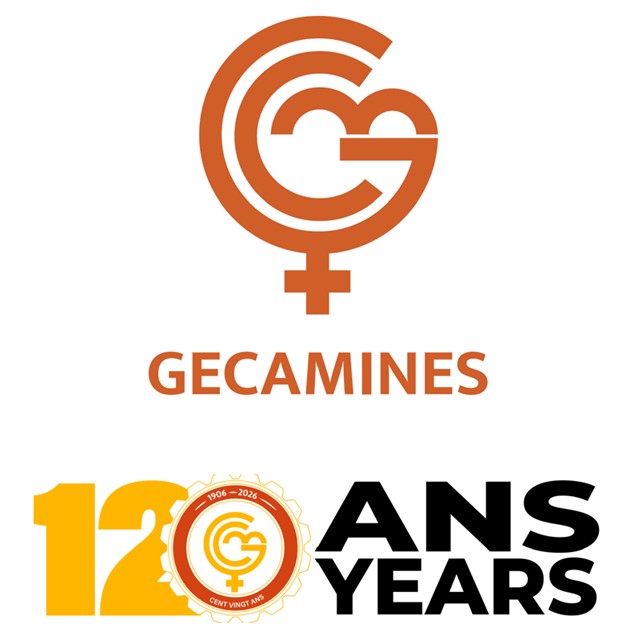
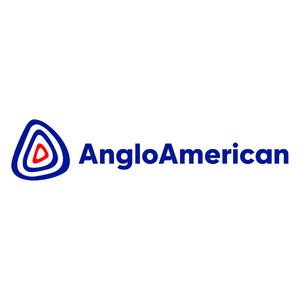

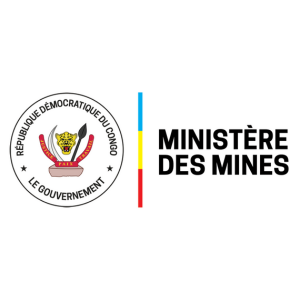



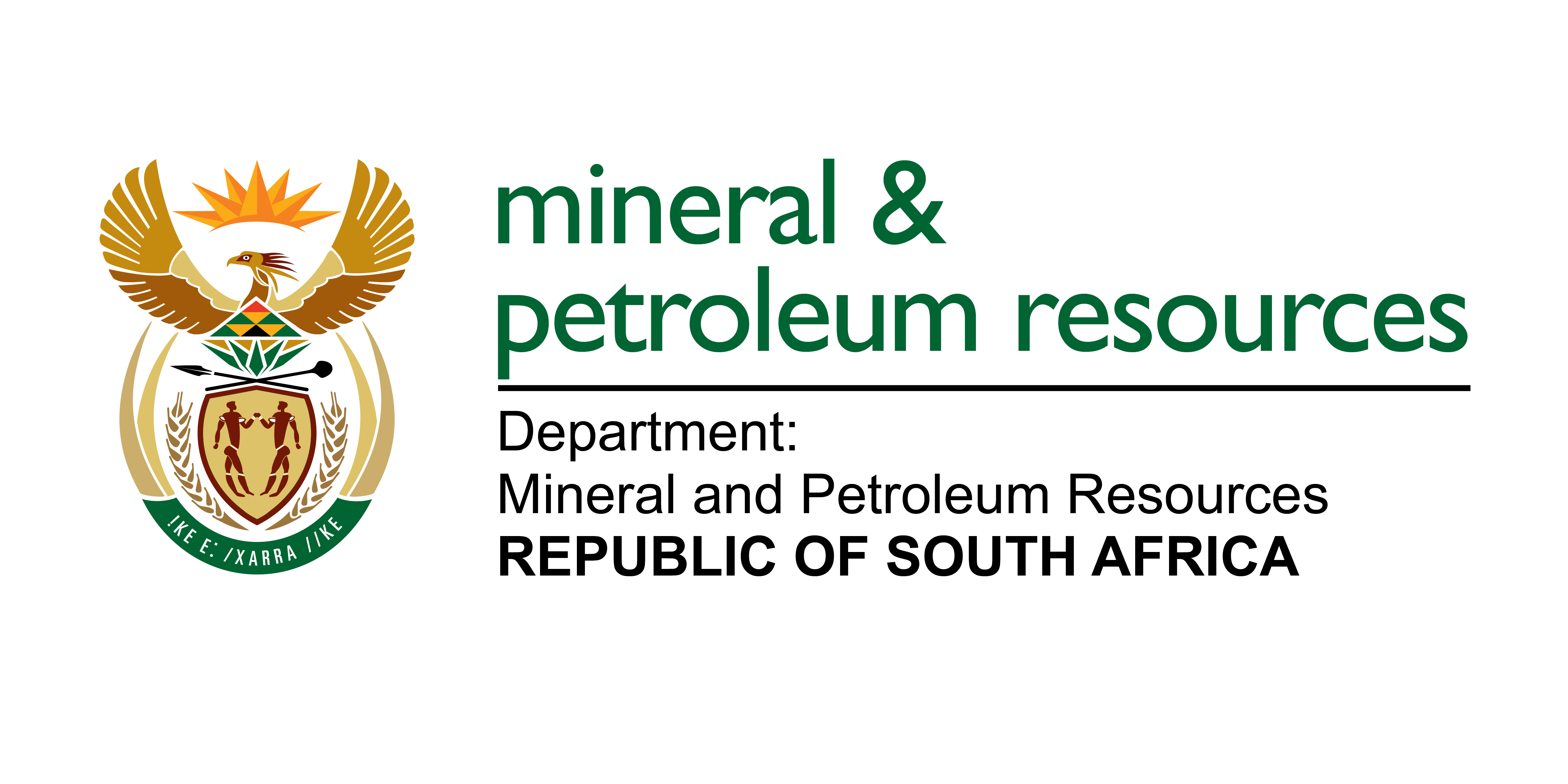-Logo_CMYK_1.jpg?width=1000&height=500&ext=.jpg)







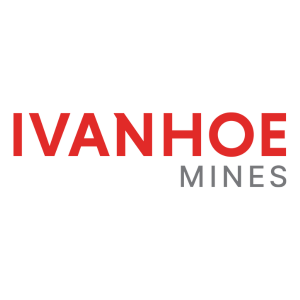
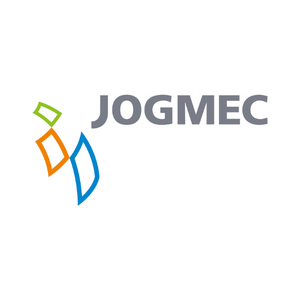


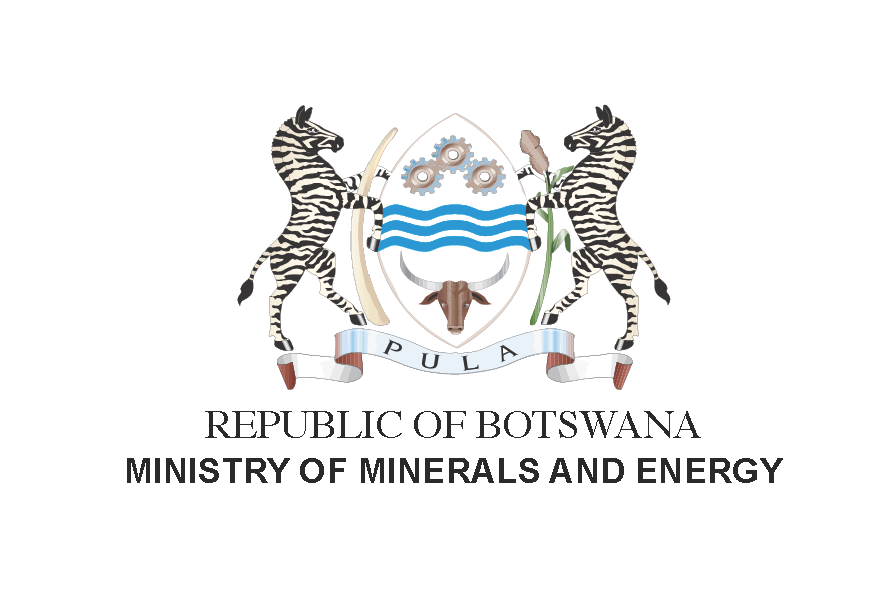.png?width=300&height=208&ext=.png)

_mi25-weblogo.png?ext=.png)
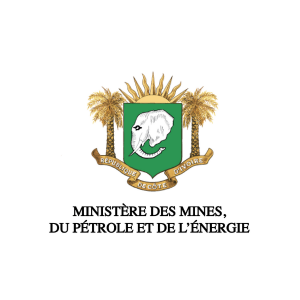
_1.png?ext=.png)


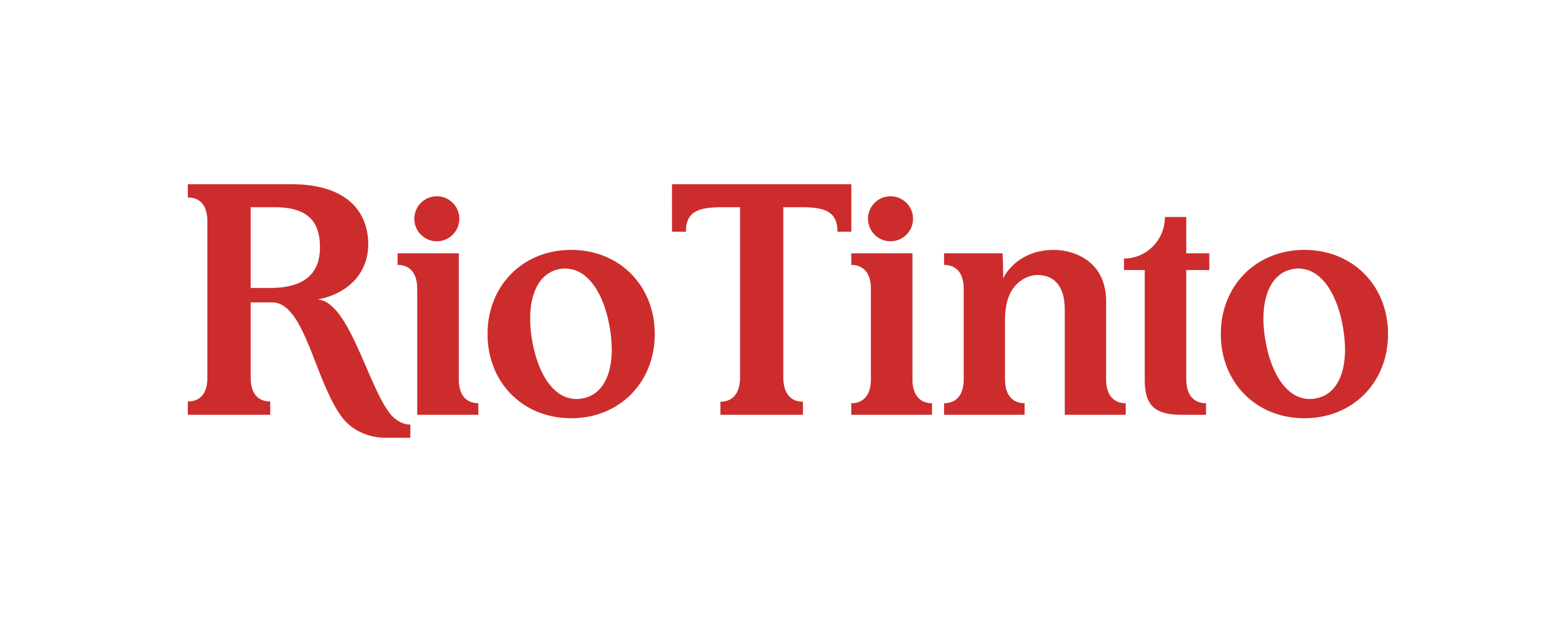






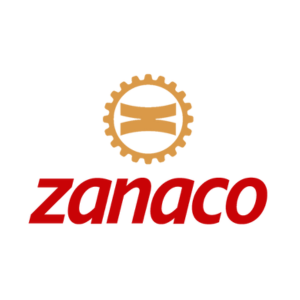


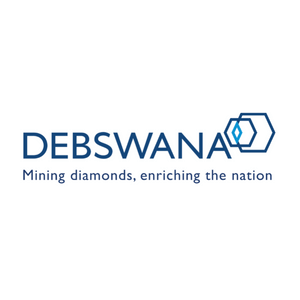



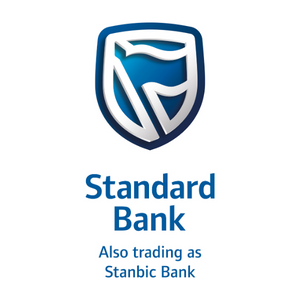


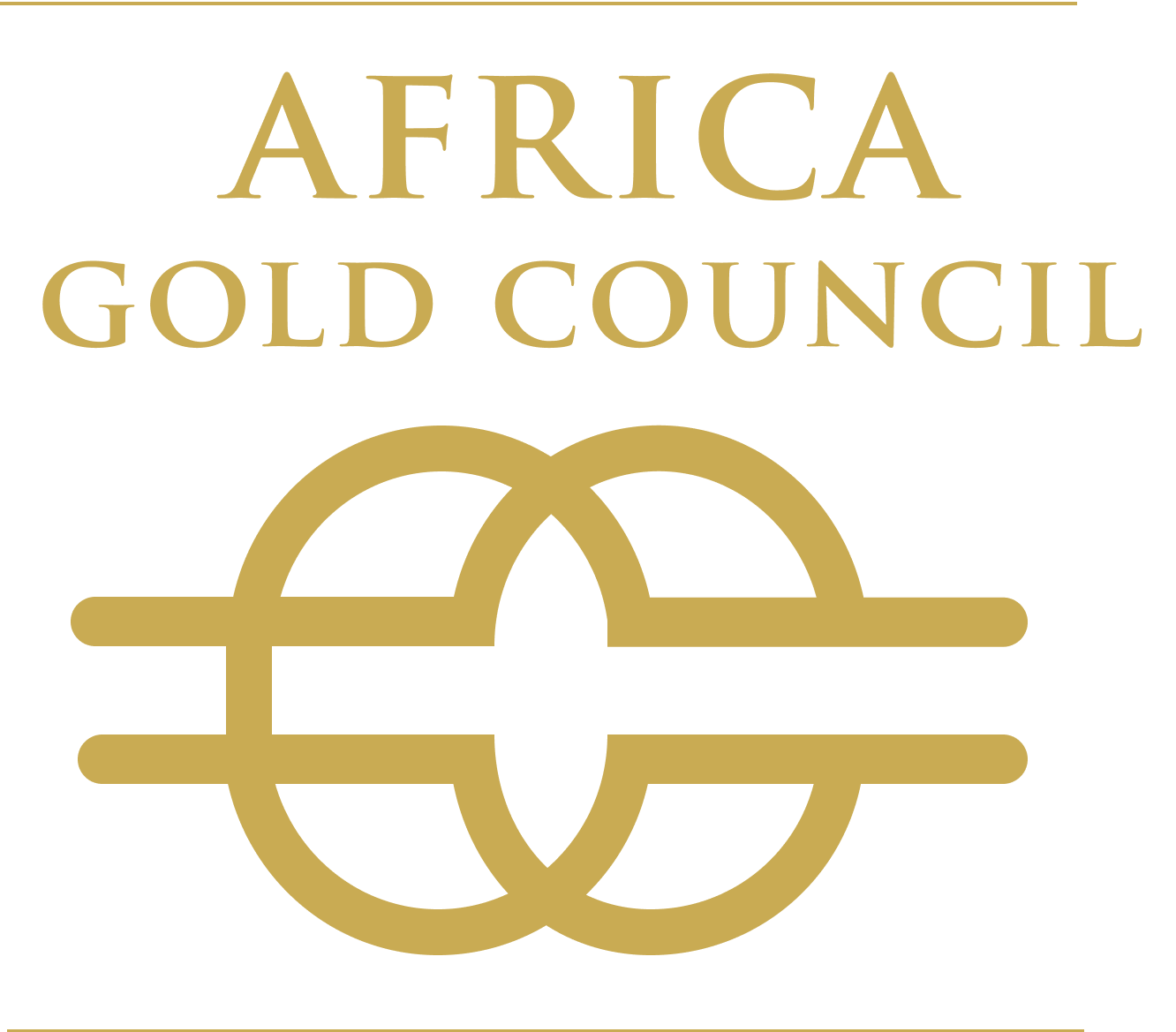

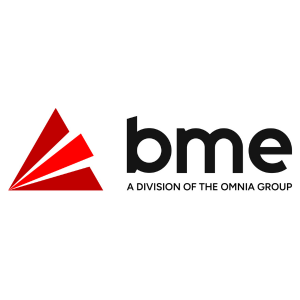













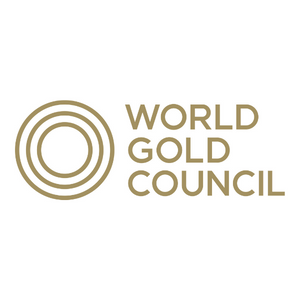
_logo.png?ext=.png)

_mi25-weblogo.png?ext=.png)


